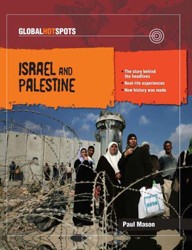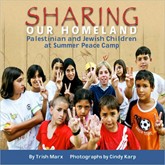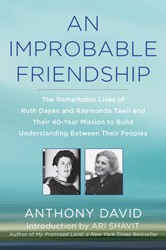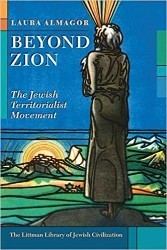By
– August 29, 2011
This wide ranging and erudite discussion of political and religious identities of Ottoman subjects in Palestine during the period after the 1908 revolution seeks to examine “the meaning of liberty, citizenship and public life in the last Islamic empire…[in an] innovative study of the struggles over the content and contours of imperial citizenship and nationhood on the eve of the end of the empire.”
Ottoman Brothers begins with a discussion of how the various Muslim, Jewish, and Christian communities interpreted the new freedoms that the Committee of Union and Progress (CUP), the new leaders in Istanbul, had promised. The Muslim intellectuals, such as Jerusalemite Is’af Nashashibi, saw in the revolution a return to the ideals of the early Islamic period. Sephardic Jews took the opportunity to seek reform in their community. Arab Orthodox Christians framed the liberty in terms of their own struggle against the Greek leadership of their church.
In subsequent chapters Campos sheds light on other aspects of this new period that promised a different understanding of citizenship. An election to the parliament in 1908 was supposed to enfranchise land owning males, but in doing so it pushed aside the rural poor and many Jews who did not have Ottoman citizenship. However, the Jewish community, particularly intellectuals and newspaper publishers such as well known Zionists Shlomo Yellin and Eliezer Ben-Yehuda, embraced the new ideas and the concept of an Ottoman citizenship. Of great interest is the author’s discussion of the role of Freemasons in Jaffa and Jerusalem. These inter-communal lodges included notables from all the communities and their secularizing, forward-looking members were a vanguard that embraced the post– 1908 reforms. Campos’s highly readable work is an important scholarly contribution to studies on Palestine in the period. Bibliography, index, notes.
Ottoman Brothers begins with a discussion of how the various Muslim, Jewish, and Christian communities interpreted the new freedoms that the Committee of Union and Progress (CUP), the new leaders in Istanbul, had promised. The Muslim intellectuals, such as Jerusalemite Is’af Nashashibi, saw in the revolution a return to the ideals of the early Islamic period. Sephardic Jews took the opportunity to seek reform in their community. Arab Orthodox Christians framed the liberty in terms of their own struggle against the Greek leadership of their church.
In subsequent chapters Campos sheds light on other aspects of this new period that promised a different understanding of citizenship. An election to the parliament in 1908 was supposed to enfranchise land owning males, but in doing so it pushed aside the rural poor and many Jews who did not have Ottoman citizenship. However, the Jewish community, particularly intellectuals and newspaper publishers such as well known Zionists Shlomo Yellin and Eliezer Ben-Yehuda, embraced the new ideas and the concept of an Ottoman citizenship. Of great interest is the author’s discussion of the role of Freemasons in Jaffa and Jerusalem. These inter-communal lodges included notables from all the communities and their secularizing, forward-looking members were a vanguard that embraced the post– 1908 reforms. Campos’s highly readable work is an important scholarly contribution to studies on Palestine in the period. Bibliography, index, notes.
Seth J. Frantzman received his Ph.D. from the Hebrew University of Jerusalem where he currently holds a Post-Doctoral Fellowship. He is a columnist for the Jerusalem Post and Fellow at the Jerusalem Institute of Market Studies.





